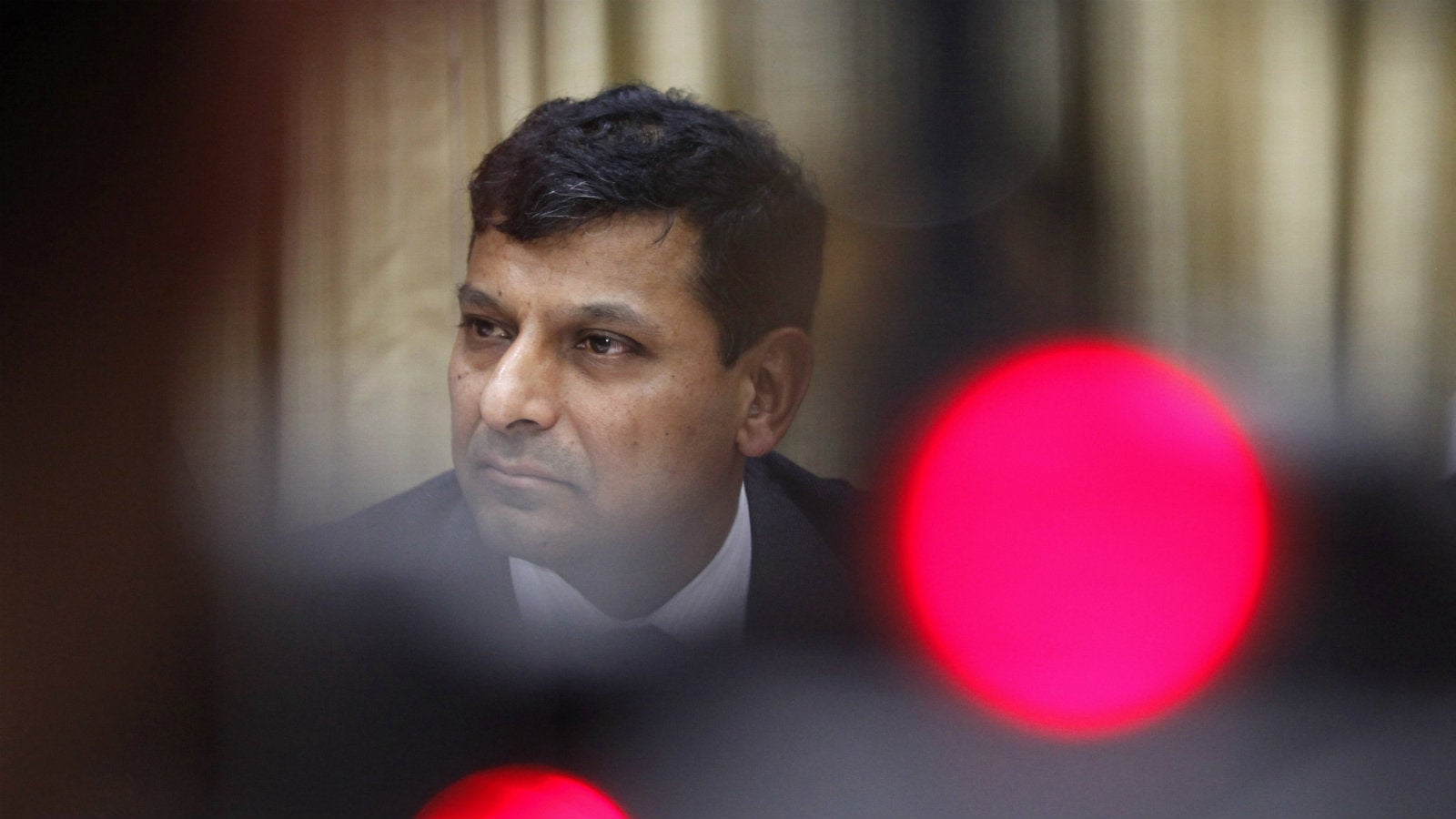Raghuram Rajan is all for startups—but not those that rely on deep discounts
India’s booming startup community has a new well-wisher: Reserve Bank of India (RBI) governor Raghuram Rajan.


India’s booming startup community has a new well-wisher: Reserve Bank of India (RBI) governor Raghuram Rajan.
On April 25, Rajan praised the Indian startup community for creating thousands of jobs and emphasised the importance of an easier business environment to support young companies. But he also warned of the dangers of offering huge discounts to tap customers—a strategy commonly used by online retailers such as Flipkart and Snapdeal.
“Jobs by startups and self-employments is the biggest source of new jobs. The conditions (that the) government is creating to create a level playing field is obvious, but there are also some less obvious conditions like the protection of property rights and a transparent tax regime,” he said at the Y B Chavan lecture in Mumbai.
Easier conditions for running businesses, Rajan said, are important for economic growth:
Let’s reduce regulation to the bare minimum for small firms and start-ups.
A lot of officials, including myself, learn the difficulties of working in India as an aam aadmi only once we leave office and once we lose the assistant to the assistant to the assistant to the assistant. Perhaps one could ask senior officials to spend a day doing some task which a businessman would do but without revealing who they are and without enlisting the help of their assistants.
Technology startups in India initially survived without much support from the government or regulators. However, the Narendra Modi government has lately launched several new policies to support existing and new startups.
RBI has also taken several steps to help startups raise funds and offer investors an exit. From Feb. 08, it allowed startups to electronically report investments and related transactions instead of filing physical forms. The central bank has also created a dedicated mailbox to assist and guide startups.
Viability of discounts
Like a good benefactor, Rajan also said that businesses cannot sustain on heavy discounts, ignoring profitability—a common practice among Indian internet startups.
“If the only reason you are getting revenues, not profit, is because you are selling based on 50% discount, it can’t be viable in the long run,” he told the Press Trust of India after delivering the lecture. “All these businesses are trying to establish viability, some are still being financed in a big way.”
Indian startups—across e-commerce, taxi-hailing, and food delivery, among others—have burnt millions of dollars to offer discounts and attract more users. The result is that most of these companies are far from breaking even almost after a decade in business.